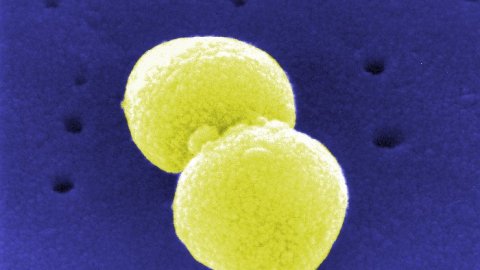The Resiliency of Super Bugs

What’s the Latest Development?
The common wisdom surrounding antibiotic-resistant bacteria is that the bacteria will be outcompeted by their non-super neighbours in the absence of antibiotics. But this wisdom has been challenged by a team of researchers at the University of Lisbon, Portugal. “The team focused on 10 strains of Escherichia coli bacteria that had already acquired genes for antibiotic resistance from other organisms.” They found that, in some cases, the super-bacteria could outcompete typical non-resistant bacteria when both were grown in a dish, even in the absence of antibiotics.
What’s the Big Idea?
Previously, when antibiotics were removed from a strain of super-bacteria, instances of the bacteria diminished; the reduction in use of antibiotics has been a strategy used against super-bugs. “Bacterial antibiotic resistance is a major concern because it can lead to the appearance of dangerous and difficult-to-treat infections in humans. Resistance generally occurs in one of two ways: either through mutations in the bacterial DNA or, more commonly, through the acquisition of resistant genes from other organisms through horizontal gene transfer.”





